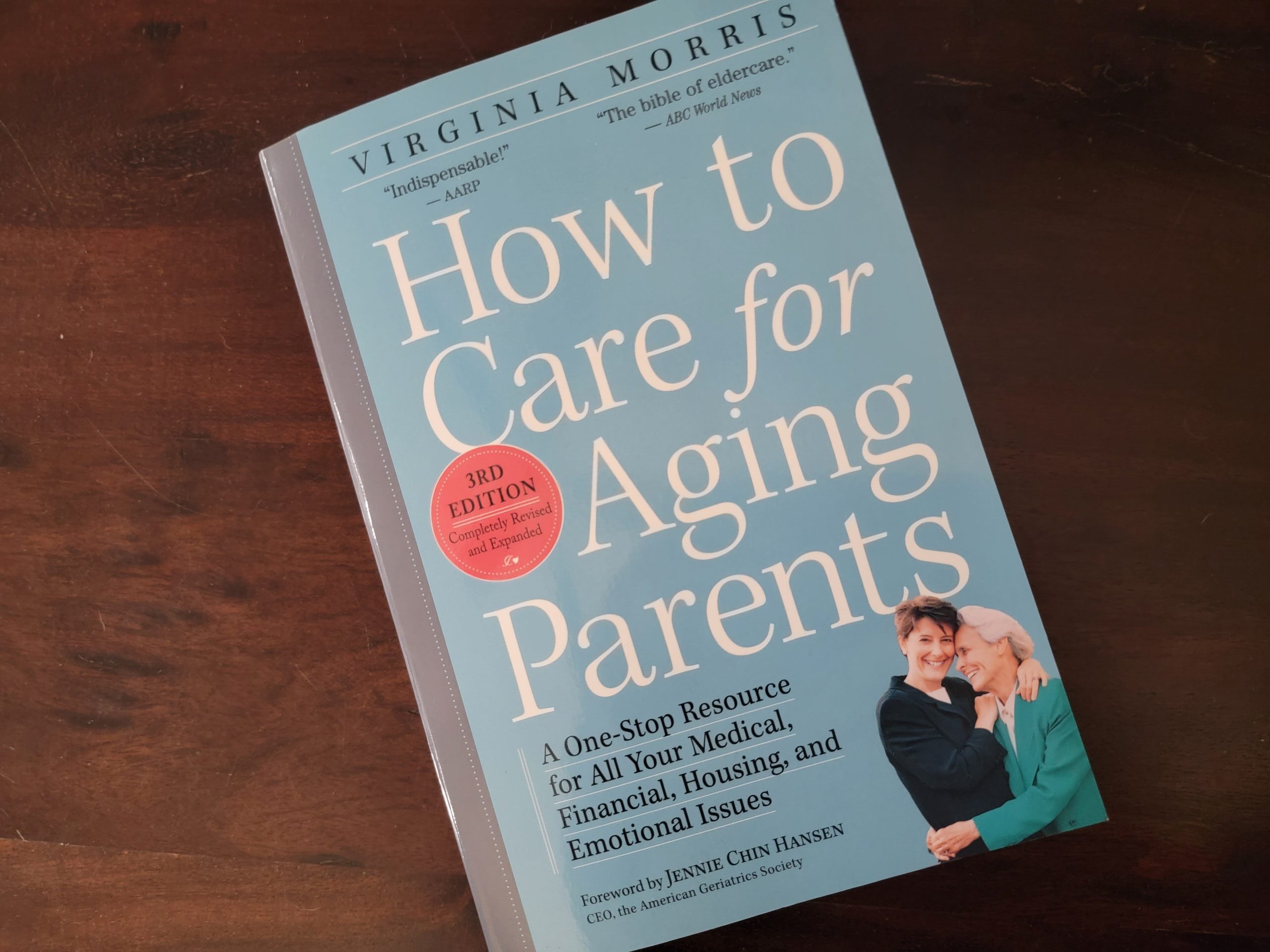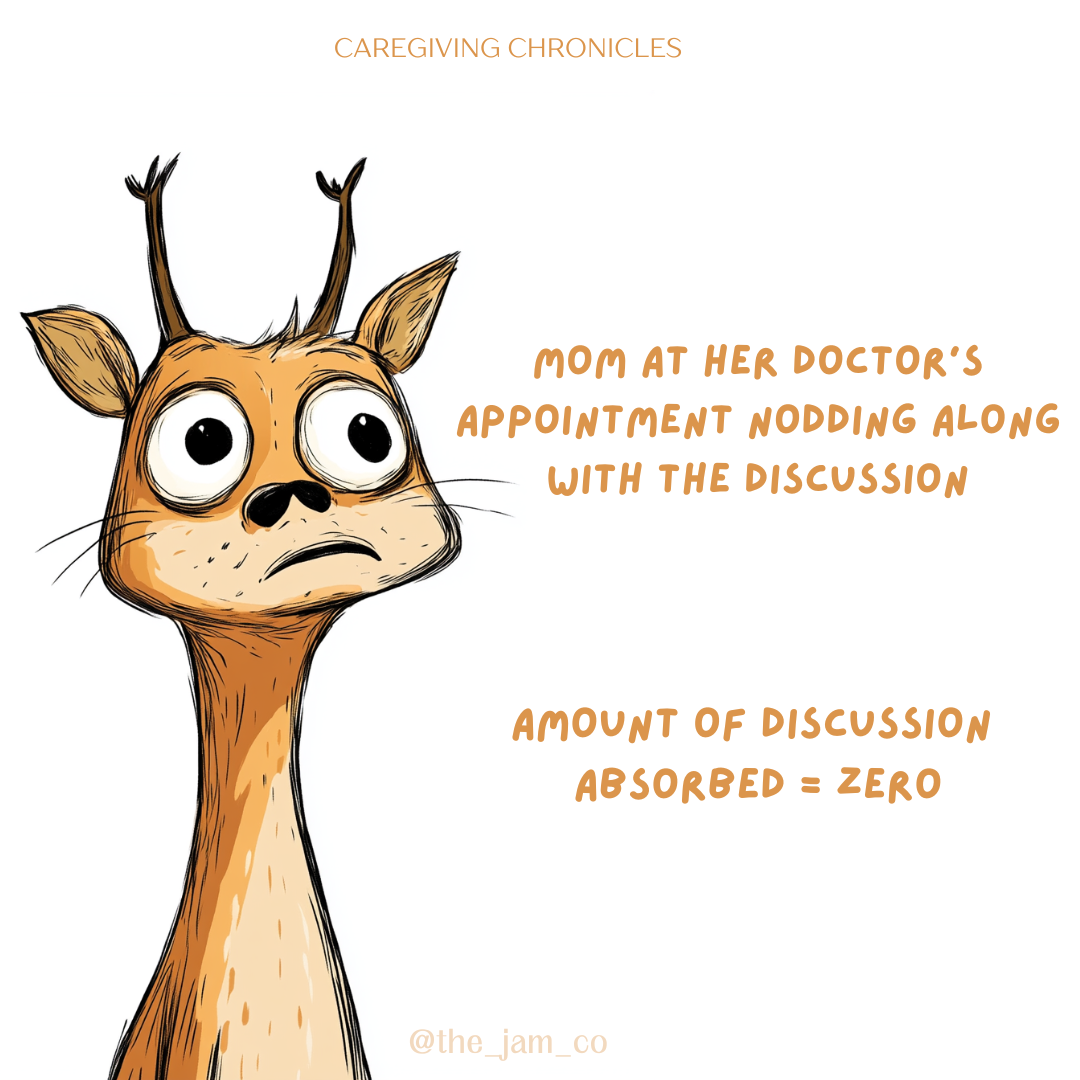After my mom’s stroke, I came across How to Care for Aging Parents (3rd Edition) by Virginia Morris, and it quickly became one of my go-to resources. It’s packed with practical advice and warm, insightful reflections that helped me through some of the harder parts of caregiving.
What stood out most was how the book offered both guidance for the moment and a thoughtful look at what may lie ahead. That forward glimpse brought me a sense of comfort and reassurance at a time when everything felt uncertain. As I read sections covering things I had already experienced, I found myself nodding in agreement—and wondering why I hadn’t picked it up sooner.
If you’re looking for something that provides clarity, reassurance, or even a gentle reality check (in the best way possible!), I can’t recommend it enough.
Here’s the link to check it out. I only share resources I truly believe in, and this one has had a meaningful impact on my caregiving journey.
I’d love to hear if any of you have read it—or if there are other books that have helped you along the way!


